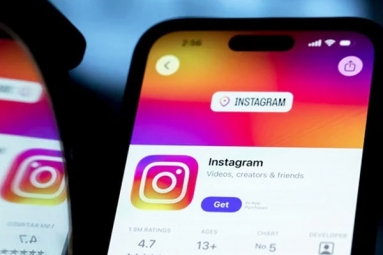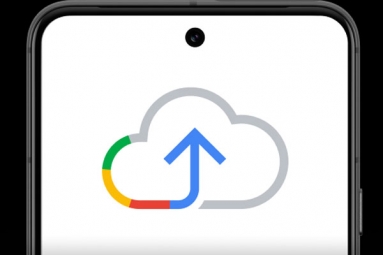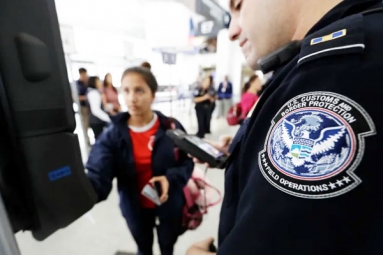People Believe Personal Attacks on Social Media Less Harmful: Study
November 27, 2018 09:27
(Image source from: MakeUseOf)
People react not as much strongly to malicious speech on digital platforms, believing that such abuses on social media triggers less harm than in personal interactions, a study has found.
People are more willing to abuse and use menacing language online than in person, especially when there is the protection of anonymity behind a computer, according to research and experience from online forums to community groups.
"Many of us are taken aback when people like Milo Yiannopoulos target and harass people on Twitter, then go on TV and say that digital words don't hurt anyone," said Curtis Puryear, from the University of South Florida.
"Yet our data finds that Yiannopoulos's perspective resonates with many of us to some degree," said Puryear, lead author of the study published in the journal Social Psychological and Personality Science.
"We expect people to be less hurt by malicious words in certain digital contexts, and we respond with less outrage. This may make it easy to discount the experiences of victims of online harassment," he said.
Researchers tested people's reactions to negative situations and comment through with four studies, analyzing reactions to despiteful comments made in personal and various online environments.
In one study of 270 students, people saw an image of someone involved in "nerd culture," with a comment of "go back to your mommy's basement nerd," in one of three environments: face-to-face; online with social information, such as photos and names, or online with little social information.
In another study, of 283 people, participants read a remark insulting a woman for making a comment about infrastructure and were presented with the negative comment being made on an online forum with little social information or as taking place at a public event.
Related content: Students Rather Go Without Food Than Without Their Phones: Study
Through each study, people expressed more concern and reaction to negative comments stated in person than to those stated in a digital environment.
Comparing the digital environments, they found mixed results. The existence of more social information, from names to photos, brought about more reactions to unhealthy comments.
However, even when people are identifiable, they found initial evidence that inflammatory speech is less shocking in digital contexts.
The cues that help to identify people as individuals, can be diminished in the online environment, suggests Puryear.
This lack of "personalization" can suppress the social cues that tell people someone is a victim, making observers less probable to experience ire or act on behalf of the victim.
Another part of the dulled reactions to comments comes from what one could recount as "numbing," either through the downright volume of reports of harassment online or from over-exposure of online harassment.
As more moral and social cues are communicated online, could people's attitudes change and begin to reflect standards akin to in-person situations.
The results depend on how we shape our online communities, researchers said.
Building digital platforms that depersonalize users and encourage norms accepting of malicious speech may more and more dull our responses to victimization.
"But if our norms and expectations begin to reflect that digital words really do matter then the disparity between how we react to victimization in digital and physical space may fade," said Puryear.
-Sowmya Sangam



















